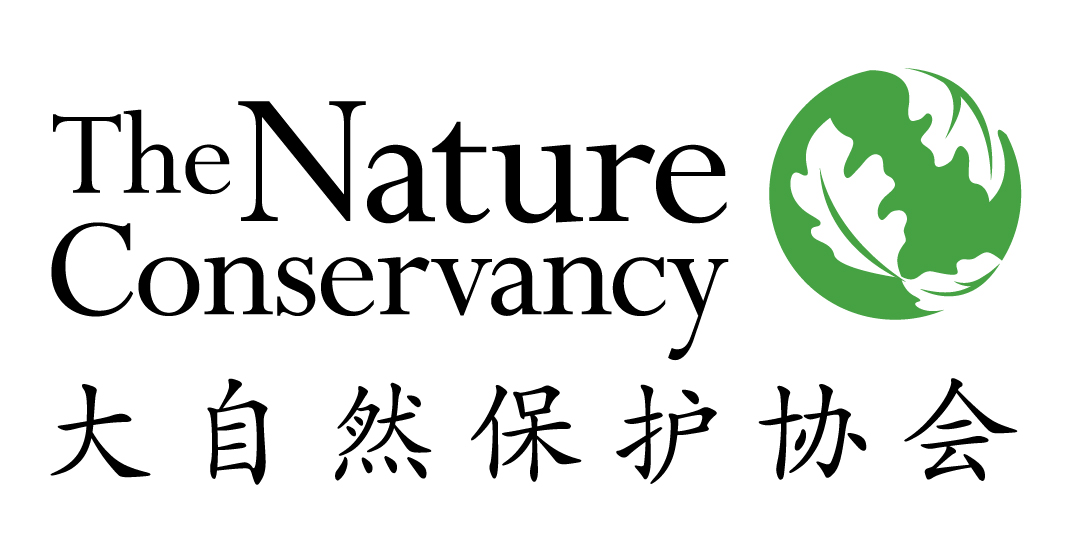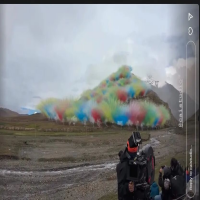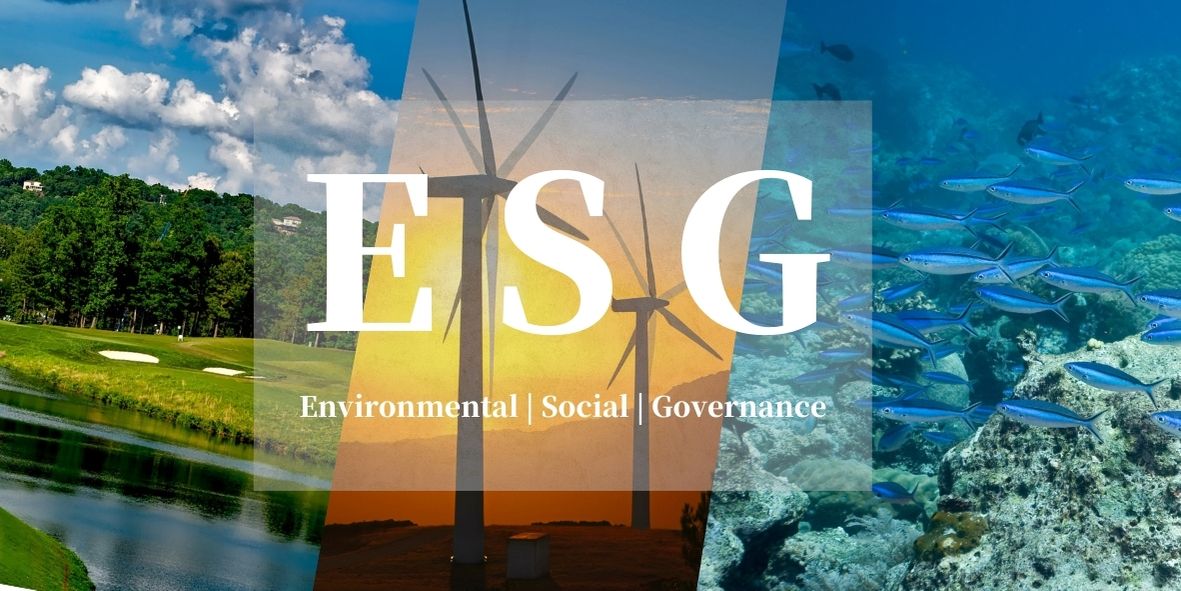 2009-12-03
2009-12-03
 1140
1140
Climate agreement must support shift toward sustainable agriculture
New paper series tackles climate challenges for agriculture
Press Release
December 1, 2009
Contact: Ben Lilliston, 612-870-3416, ben@iatp.org
Minneapolis – To effectively address global climate change, policy solutions must support a transition toward more sustainable agriculture systems that recognize the critical role agriculture plays in the world, concludes a series of
issue briefs released today by the Institute for Agriculture and Trade Policy (IATP). The papers are being published a week before global climate talks begin in Copenhagen.
“We cannot truly address climate change without getting it right on agriculture,” said IATP President Jim Harkness. “Agriculture is a contributor to climate change, but just as importantly it profoundly affects land use around the world, and has the potential to be part of the solution. Smart climate policy for agriculture can help address hunger, support rural livelihoods, improve water quality and biodiversity, and strengthen our energy security.”
The climate series covers a wide range of topics:
· Agriculture and Climate—The Critical Connection, by Jim Kleinschmit, gives an overview of the science of agriculture and climate change.
· Putting Agriculture on the Global Climate Agenda, by Anne Laure Constantin, sets benchmarks for including agriculture within global climate negotiations.
· U.S. Climate Policy and Agriculture, by Julia Olmstead, reviews how agriculture is considered in U.S. legislation and makes recommendations for a better approach.
· Speculating on Carbon: The Next Toxic Asset, by Steve Suppan, analyzes how Wall Street speculators could influence agriculture and climate goals.
· Eye of the Storm: Integrated Solutions to the Climate, Agriculture and Water Crises, by Shiney Varghese, explains water’s role in the climate and agriculture crises.
· Climate Inequity, by Shalini Gupta and Dr. Cecilia Martinez, traces the historical inequities that have contributed to climate change, and proposes a more equitable climate policy.
“We are at a unique moment in history that compels us to face several crises at the same time,” said Harkness. “In addition to global warming, there are now over one billion people around the world who are hungry. Our financial meltdown has led to growing unemployment, particularly in rural communities. A shift toward low-input, sustainable agriculture systems is a crucial part of building a greener, more stable economy and addressing each of these crises.”
IATP is sending a delegation of eight to Copenhagen and will conduct a series of workshops on climate and agriculture. You can read all the issue briefs, watch videos with the authors and find out more about IATP’s activities in Copenhagen at: www.iatp.org/climate.
The Institute for Agriculture and Trade Policy works locally and globally at the intersection of policy and practice to ensure fair and sustainable food, farm and trade systems. www.iatp.org
##
· On the ground – IATP is partnering with other NGOs on a series of meetings and side events at the UNFCCC conference:
o The carbon derivatives market: the next toxic asset. IATP staff will present on the potential impact of carbon derivatives at the Ideas Marketplace on the Agriculture and Rural Development Day. December 12 at the University of Copenhagen.
o Sustainable Energy and Agriculture: Mitigation and Adaptation of Organic Farming and Community Energy. IATP will convene NGOs and developing country representatives to discuss the integration of small-scale energy and organic agriculture as effective strategies for climate mitigation and adaptation, as well as the potential for rewarding carbon sequestration in organic farming. December 18 in the Bella Center, Neils Bohr room, 11:00 – 12:30.
o Renewable energy and agriculture with Hermann Scheer. German Parliamentarian, President of the European Association for Renewable Energy, and General Chairman of the World Council for Renewable Energy, Mr. Scheer will bring his expertise to a discussion with IATP staff about renewable energy and its implications for small-scale, sustainable farming. December 16 in the Klima Forum.
Understanding the perspectives of U.S. farm and environmental advocates on U.S. climate policy. This event will help international groups understand the points of political tension between U.S. farm advocates and environmental groups on climate policy. December 17 at the Klima Forum.
 表情
表情
 最热
最热































